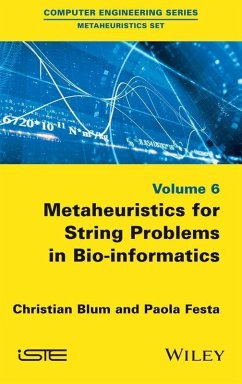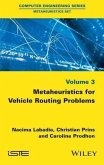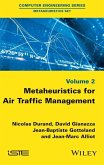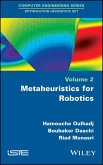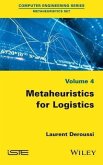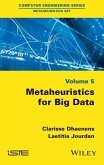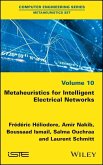So-called string problems are abundant in bioinformatics and computational biology. New optimization problems dealing with DNA or protein sequences are constantly arising and researchers are highly in need of efficient optimization techniques for solving them. One obstacle for optimization practitioners is the atypical nature of these problems which require an interdisciplinary approach in order to solve them efficiently and accurately.
Dieser Download kann aus rechtlichen Gründen nur mit Rechnungsadresse in A, B, BG, CY, CZ, D, DK, EW, E, FIN, F, GR, HR, H, IRL, I, LT, L, LR, M, NL, PL, P, R, S, SLO, SK ausgeliefert werden.

